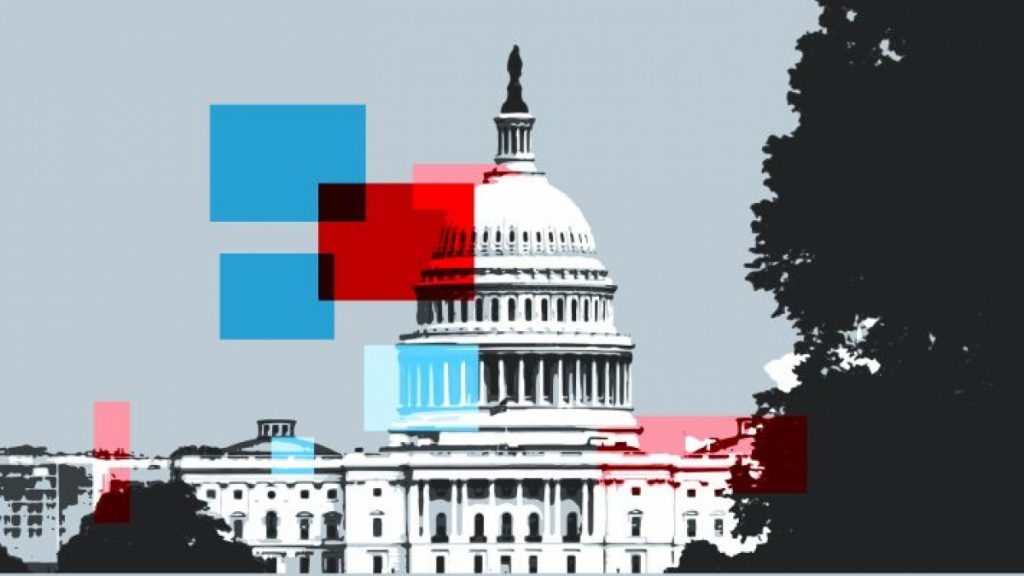The U.S. House Judiciary Committee has finally released its omnibus report on its investigation into the monopoly powers held by Apple, Amazon, Alphabet, and Facebook and its findings will do nothing to stem the power of big tech.
For startups, the most relevant points are the prospective options the committee proposes for addressing big tech and they mostly come down to providing small business the benefit of the doubt when they declare that bigger rivals are working out monopolistic advantages– and prevent the kinds of acquisitions in the future that permitted these companies to reach the undisputable positions they presently occupy in their picked markets.
The Committee asserts that in their core locations of business: search, e-commerce, social networking and mobile advancement platforms and applications, each of the companies is, certainly, a monopoly. And the committee argues that in the future judicial and legislative bodies should define down their meaning of market supremacy to give smaller sized business more standing in cases where they challenge the actions of these large rivals.
Here’s the appropriate passage from the report:
” To resolve this concern, Subcommittee staff suggests that Congress consider extending the Sherman Act to prohibit abuses of dominance.Furthermore, the Subcommittee needs to examine the development of a statutory anticipation that a market share of 30%or more constitutes a rebuttable anticipation of supremacy by a seller, and a market share of 25%or more constitute a rebuttable anticipation of dominance by a buyer.”
The other fascinating section– and the one that will likely show most uncomfortable for investors and startup creators who are looking to leave their organizations associates with how regulators must manage future mergers and acquisitions from big technology business.
Here, the Judiciary Committee suggests that the default view ought to be to rule versus deals involving start-ups by established tech companies … which … yikes.
The report says:
” Considering that start-ups can be a crucial source of possible and nascent competition, the antitrust laws should also look unfavorably upon incumbents purchasing ingenious start-ups. One manner in which Congress might do so is by codifying a presumption against acquisitions of start-ups by dominant companies, particularly those that work as direct rivals, as well as those running in nearby or associated markets.”
For the many part, it appears that the word from regulators is that they ought to have done more, sooner, to limit the power of huge tech, but won’t presume as to take steps that would really limit the power of big tech.
Rather, they’re penalizing entrepreneurs and bring up the ladder behind the companies that have actually currently attained market dominance. And are making it harder for any business to actually install a practical difficulty through an M&A strategy of its own.
These guidelines seem like they’ll make it harder for Snap to make tactical deals that could put it in more direct competition with Facebook (just a random example).
Moreover, some of the most strategic acquisitions, which develop the opportunities for anti-competitive behavior aren’t apparent.
So, the result of all of the hours of testimony, countless documents, and every other bit of labor that went into the investigation the results are merely– an admonition for regulators to #bebetter.
Regulators do, undoubtedly, need to be much better. Congress should have done a much better job when it would have mattered at all.
